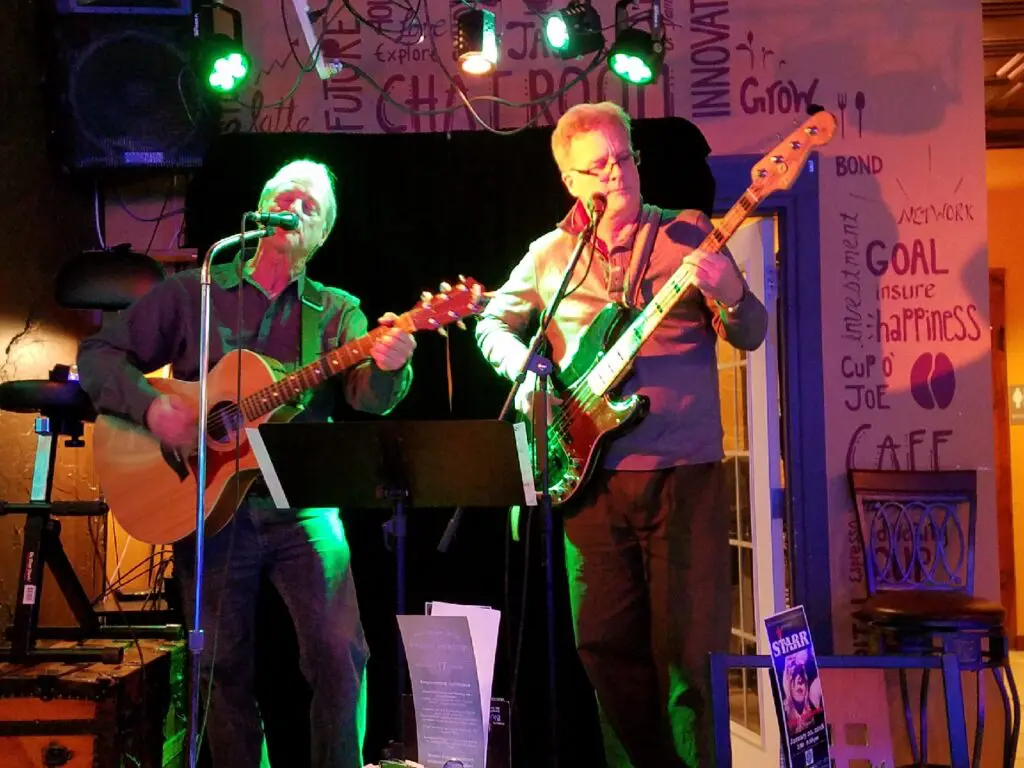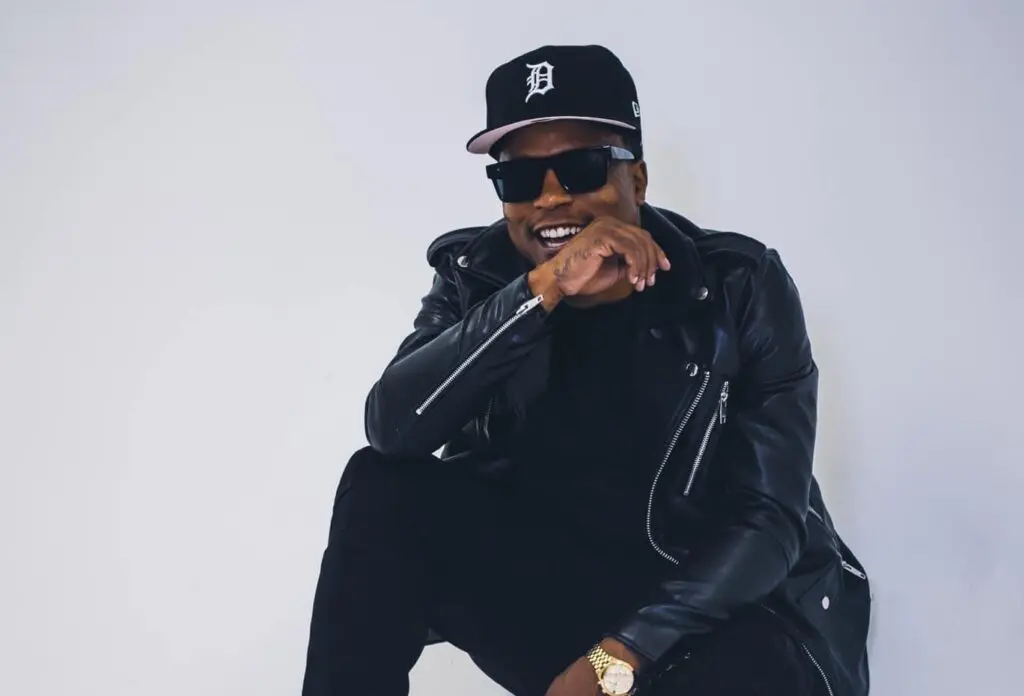SA Cosby – Xperience History
Written by Staff on April 14, 2024
SA Cosby – Xperience History – by Liam Sweeny.
Crime fiction can be misunderstood. It can be seen as just a lowly wordsmith letting his most depraved fantasies loose on the pages. This is rarely the case. Crime fiction is a mirror that crime fiction writers hold in front of the world. “Crime” is simply defined as the breaking of law, stealing is stealing. But a loaf of bread in an inner-city convenience store and a bottle of perfume in a high-end boutique tell two different stories.
Shawn Cosby is a Southern crime fiction writer from Virginia. His books tell a story of a South that is trying, or not trying, to bury its past. And sometimes it has to use a wood chipper. Shawn is also a friend of the paper. Let’s welcome him.
I sit down with Shawn and we talk about the perfect crime.
RRX: Your latest book is called Razorblade Tears. It deals with two fathers whose sons were gay, married, and murdered. It takes place in Virginia, so it would fall under the descriptor of Southern Crime/Mystery. If you’re so inclined, tell us a little bit about the story and the main characters, Ike Randolph and Buddy Lee Jenkins?
SA: Sure. Ike and Buddy Lee are both men of a certain age who have both been incarcerated and who both are distant from their gay sons who happen to be married. When those sons are killed these two men of violence embark on a path of vengeance.
RRX: Crime is as old as time, to the extent that the first wristwatch was probably stolen from the inventor’s workbench. But crime has flavors, or at least the telling of it does, and especially how we see it. Southern Crime feels different to me than crime up here in the northeast. Do you think there’s anything to that other than just “regional pride?”
SA: Well, I definitely think the geographic and cultural differences in the South help to differentiate crime down here from crime in the northeast. For instance, the proximity of victims to perpetrators is something unique to small towns…there is an interconnectedness that makes crime in the South unique.
RRX: It’s hard to talk about the genre of mystery or especially crime fiction without talking about what is loosely called “noir.” Whereas crime fiction, anyone can understand, noir has as many definitions as there are people who write and read it. How do you define noir, and how do you see it as it relates to your work?
SA: I think noir is bad people doing bad things for what they think are the right reasons.
RRX: Some congratulations are in order. Razorblade Tears recently hit the New York Times Bestseller’s list for fiction hardcover. And this is even more amazing because you started out on the independent fiction circuit. These aren’t always two worlds that intersect. When you got the news, can you paint us the scene? How did you celebrate?
SA: I was sitting in my recliner writing on my lap desk when my editor told me we had hit the NYT’s bestseller list. I was dumbfounded. When you come from where I come from things like that seem so far out of reach….so to celebrate I cracked open a jar of my grandfather’s moonshine I keep for special occasions. It seemed quite apropos.
RRX: Before hitting the NYT List with Razorblade Tears, your second book, Blacktop Wasteland, was tearing it up. You had Stephen King singing your praises. That’s basically like Jimi Hendrix saying, “me and Stevie Ray just watched your set.” How do you write the next book knowing Stephen King’s got you on his To-Be-Read pile?
SA: You take a deep breath and say “Time to get back to work “ ….because as my mama said.. the shine comes off of new pennies quick
RRX: You’ve had a public fondness for the crime/mystery convention Bouchercon. And a lot of people, yourself included, chose to cancel this year, because of concerns over Delta. In the end it was canceled. Bouchercon is a huge part of the writing community, can you tell people why? And where do you see cons going in the age of pandemics?
SA: For me Bouchercon was the place where I was welcomed into the writing community. It was the place where I met my heroes and they didn’t disappoint. I think for new writers, cons are the best places to sell yourself. Because this is hard to hear but talent is cheap, connecting with an agent or a publisher often comes down to personal experience. I think you will see cons adjust to the new normal. Holding cons in states with high vaccination rates and requirements like masking and proof of vaccination, all these things can help cons survive.
RRX: Black voices are starting to come up in American crime fiction, yours being one, but there are others. I know that anyone can Google “Black writers” and find a few big-name writers, but we’re sort of indie here, and since you have indie roots, can you give us three Black indie writers we need to read, and why?
SA: I would love to ….
Kellye Garrett is one of the best true mystery writers in the business. Her plots are so ingenious, her characters are so complex and compelling and she has such a unique sense of humor even when her books get incredibly dark. If you consider yourself a true fan of mystery you need to be reading her.
Nikki Dolson is one of the Masters of what I call “suburban noir.” Her characters are desperate, downtrodden and determined. No one can deconstruct the interior lives of working class Black people like Nikki. Read her work if you like Megan Abbot but want something a little bit grittier
Chris Chambers is a brilliant author who uses crime fiction to dismantle the infrastructure of systemic racism, class warfare and political chicanery. He is unafraid to take chances both with his narrative and his characters.





 RadioRadioX
RadioRadioX